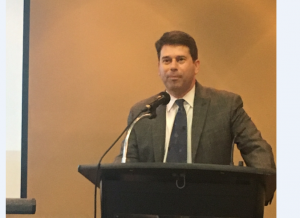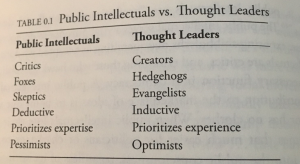When I was an undergraduate, I believed that the prevalence of positivism in the social sciences – the idea of studying social phenomena in an “objective” or “value-free” manner – was one of the great evils in the world. Not only was it an illusion, but it was a harmful one, because beneath the guise of objectivity there lay a hidden agenda, namely, an interest in domination. Treating people as objects of study, rather than as subjects, was not politically neutral, because it generated a type of knowledge that just happened to be precisely of the sort that one would need in order to manipulate and control them. “Objective” social science, in other words, was not value-free at all, but rather a tool of oppression.
The alternative to this, warmly recommended at the time, would be a new form of social science, one that was explicitly guided by the “emancipatory” interest of human reason.… Continue reading






